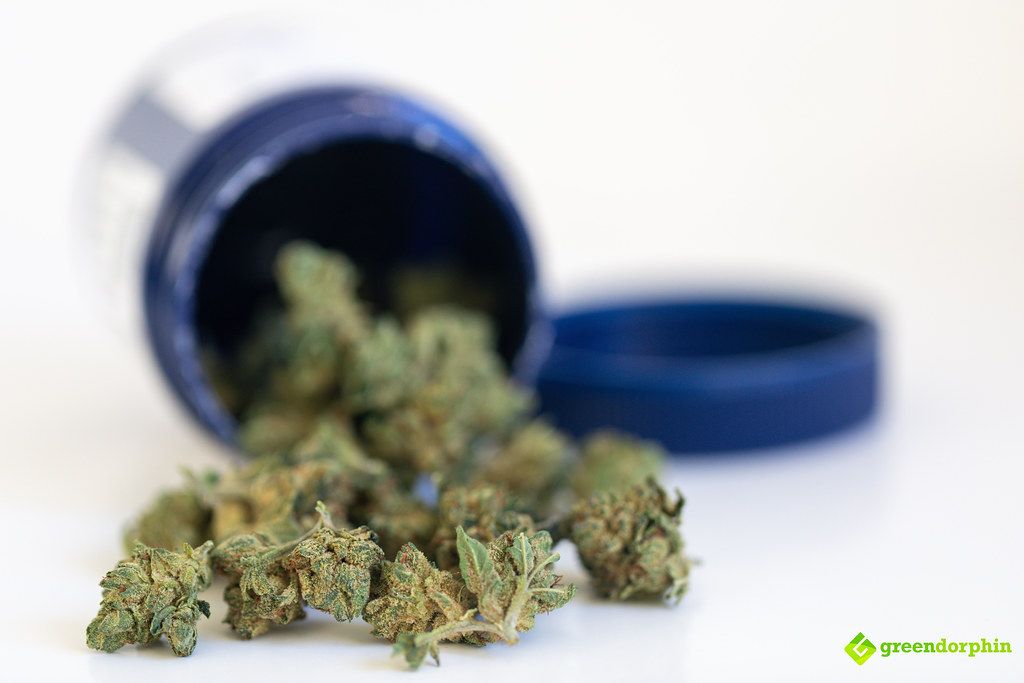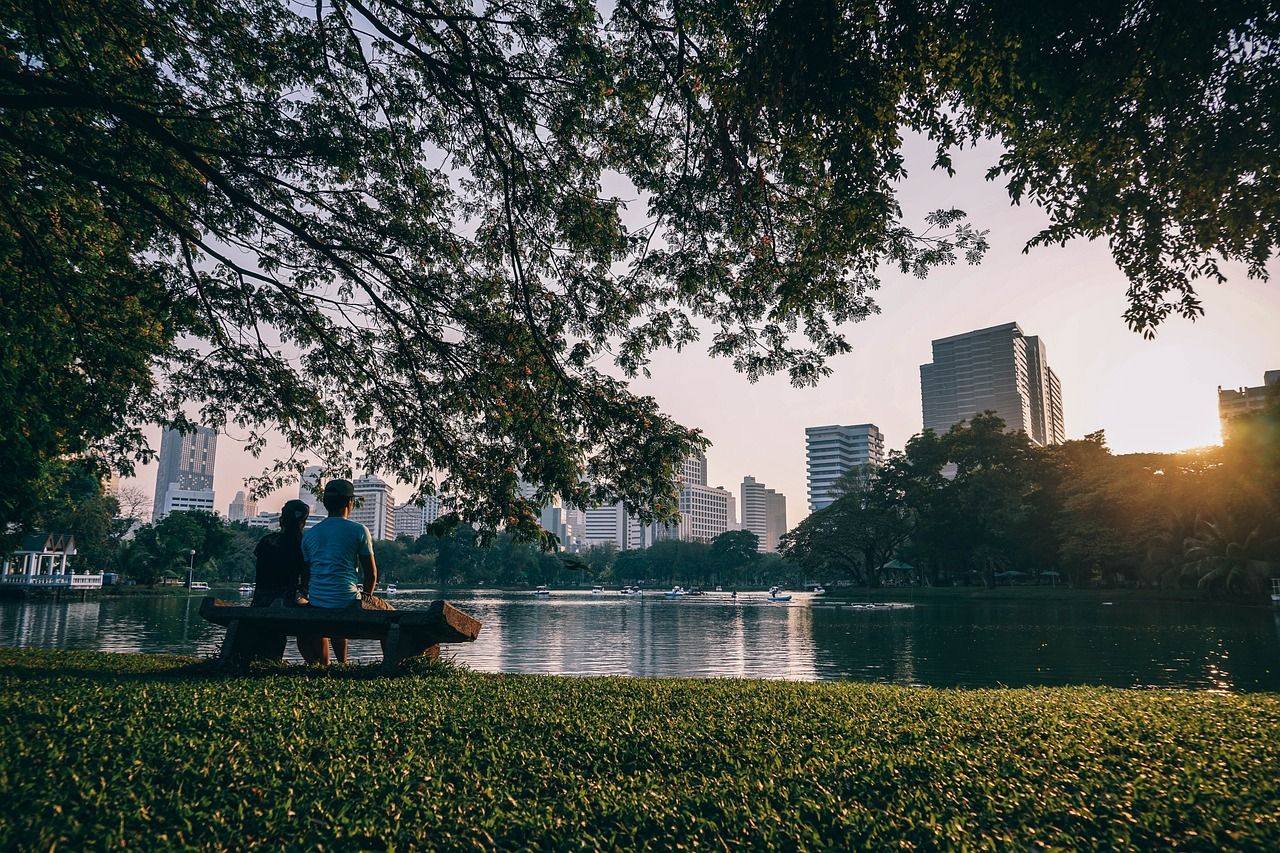Thailand, a nation renowned for its rich history, vibrant culture, and picturesque landscapes, has recently embarked on a new journey: the legalization and decriminalization of cannabis. This move has not only transformed the legal landscape but has also opened up a plethora of opportunities for both medical and recreational users. Let’s delve into the intricacies of this green revolution.
Introduction to Cannabis in Thailand
Cannabis, locally known as “Ganja” (Thai: กัญชา), has deep roots in Thailand’s history. Its introduction is believed to have come from India, with the similarity between the Thai name “Ganja” and the Indian term pointing towards this connection. Historically, cannabis found its place in Southeast Asia as a versatile plant, serving as an ingredient, a condiment, a medicinal remedy, and even a source of fiber. Laborers often turned to it as a muscle relaxant, and it was reputedly used to alleviate labor pains in women.
However, the recent decriminalization on 9 June 2022 marked a significant shift in Thailand’s stance on cannabis. This change was not abrupt but was a culmination of progressive steps, starting with the legalization of medical cannabis in 2018.
Legalization and Decriminalization
The journey toward decriminalization was not straightforward. Cannabis faced criminalization twice in Thailand’s history: first, by the Cannabis Act 2477 BE in 1935 and then by the Narcotics Act 2522 BE in 1979. The winds of change began to blow in 2018 when Thailand became the pioneering Asian nation to legalize medical cannabis.
2022 was a landmark year. The Thai Food and Drug Administration took the monumental step of removing the cannabis plant from the Category 5 narcotics list. This meant that possession, cultivation, distribution, consumption, and sales of all cannabis plant parts became legal. However, there were caveats. Products containing THC (the psychoactive component of cannabis) more than 0.2% by weight remained categorized as narcotics. While recreational use was not promoted, it was legal, with certain restrictions in place, especially concerning public consumption.
Regulations Surrounding Cannabis Use in Thailand
With legalization came the need for stringent regulations to ensure public safety and responsible consumption. The age barrier was set at 20 years, ensuring that minors were kept away from potential misuse. While there was no restriction on the consumption of cannabis plant parts, oils and tinctures with over 0.2% THC were reserved for medical use under prescription.
Cultivation, though legal, required individuals to register with Thailand’s Food and Drug Administration. Interestingly, as of 2023, there are no restrictions on the number of plants an individual can cultivate. However, the government encourages registration on the “Plookganja” platform, anticipating future licensing requirements.
Foreign companies faced restrictions. Thai law predominantly excluded foreign entities from the cannabis market, a move seen as a protective measure for local businesses. Despite this, imported strains have found their way into the market, showcasing the global appeal of cannabis.

Medical and Recreational Cannabis in Thailand
The medical benefits of cannabis have been recognized and embraced by Thailand. In a significant move, Thailand’s health minister, Anutin Charnvirakul, announced the distribution of one million free cannabis plants to households in May 2022. This initiative was a part of Thailand’s broader plan to promote cannabis as a cash crop.
Medical cannabis dispensaries made their appearance as early as April 2022. You can find a list of the best weed shops in Bangkok by visiting Bangkokstoners.com. With the decriminalization in June, the entire cannabis plant was delisted from the narcotic list, leading to the release of around 4,200 prisoners incarcerated for cannabis-related offenses.
Recreational use, though legal, comes with its set of guidelines. Public consumption, especially smoking or vaping, is discouraged and can lead to hefty fines. Specialized cannabis bars and shops have sprung up, catering to the recreational user while ensuring compliance with regulations.
In conclusion, Thailand’s journey with cannabis has been transformative. From historical use to criminalization and now to legalization and decriminalization, the nation has come full circle. As Thailand continues to navigate the complexities of this green revolution, it sets a precedent for other Asian countries, showcasing the potential benefits and challenges of embracing cannabis.
- The Ultimate Guide to Delta 8 Disposable Vapes: What You Need to Know - March 8, 2024
- The Environmental Impact of CBD Production - August 28, 2023
- Cannabis In Thailand: A Green Revolution - August 15, 2023


